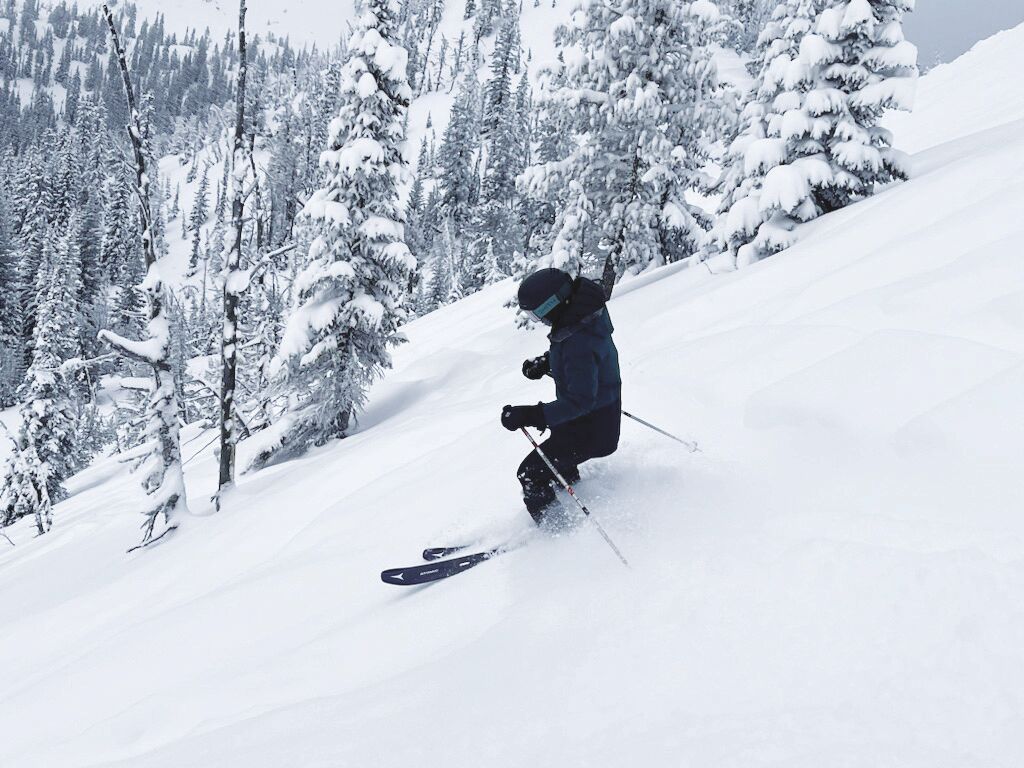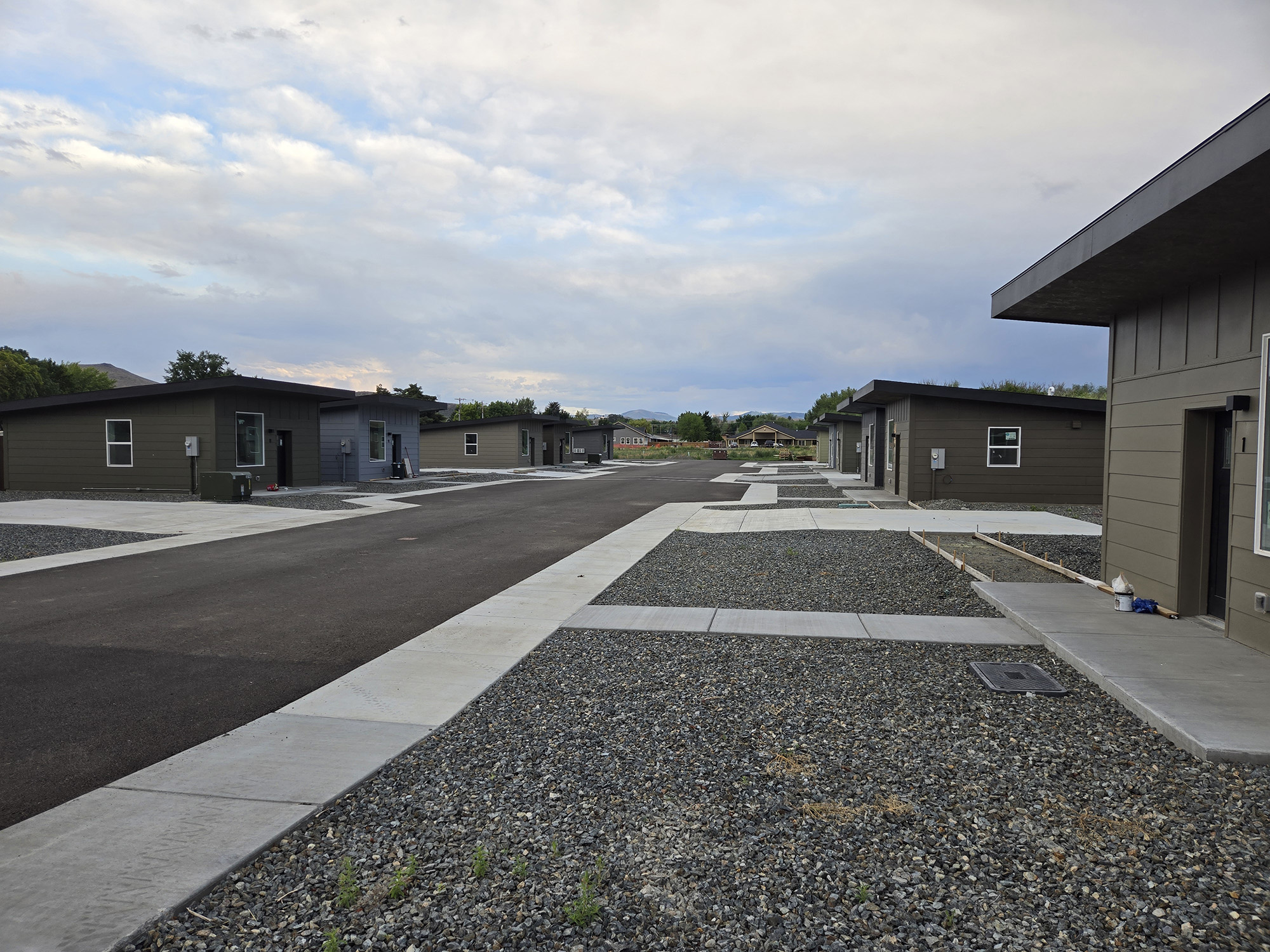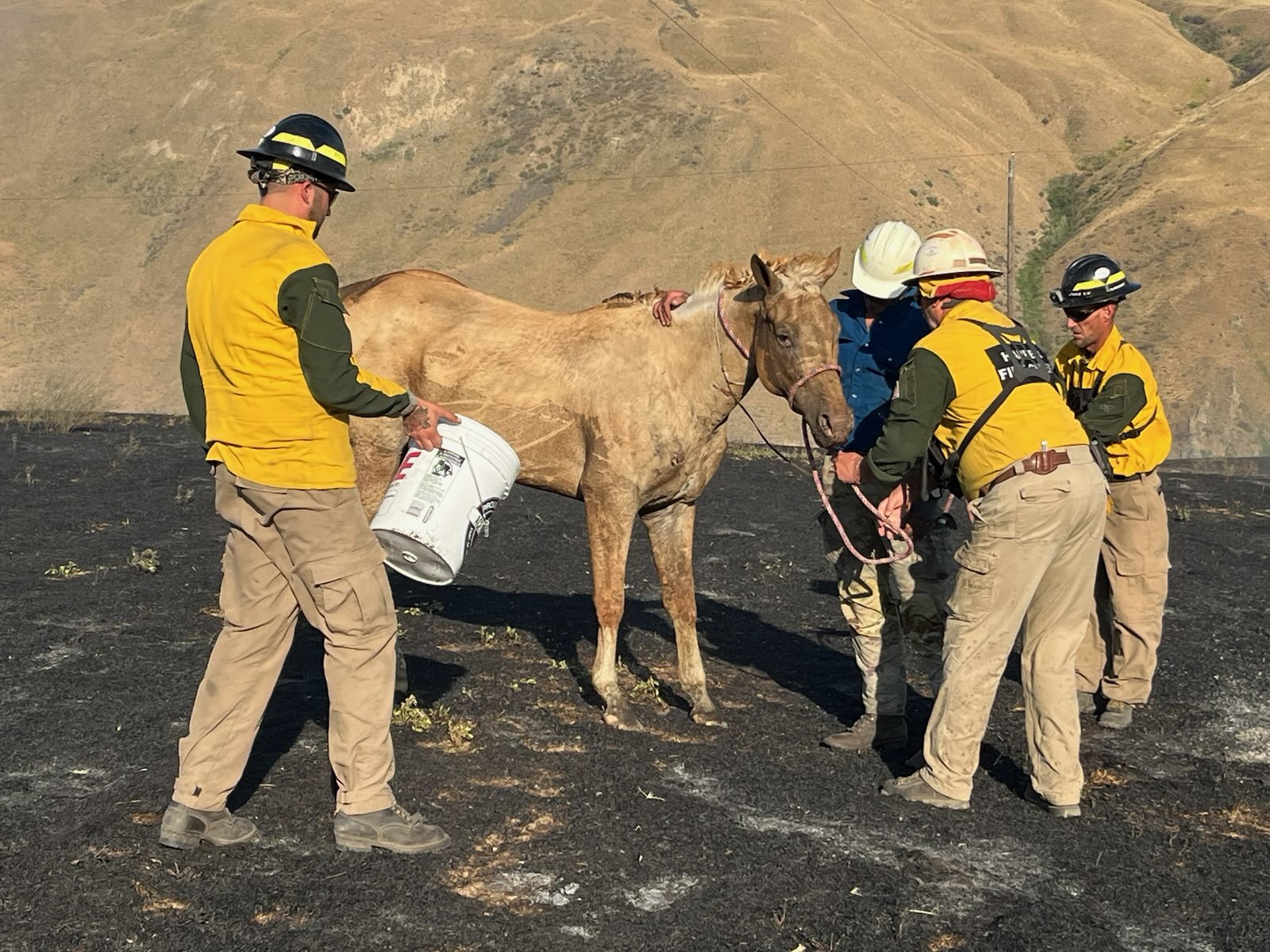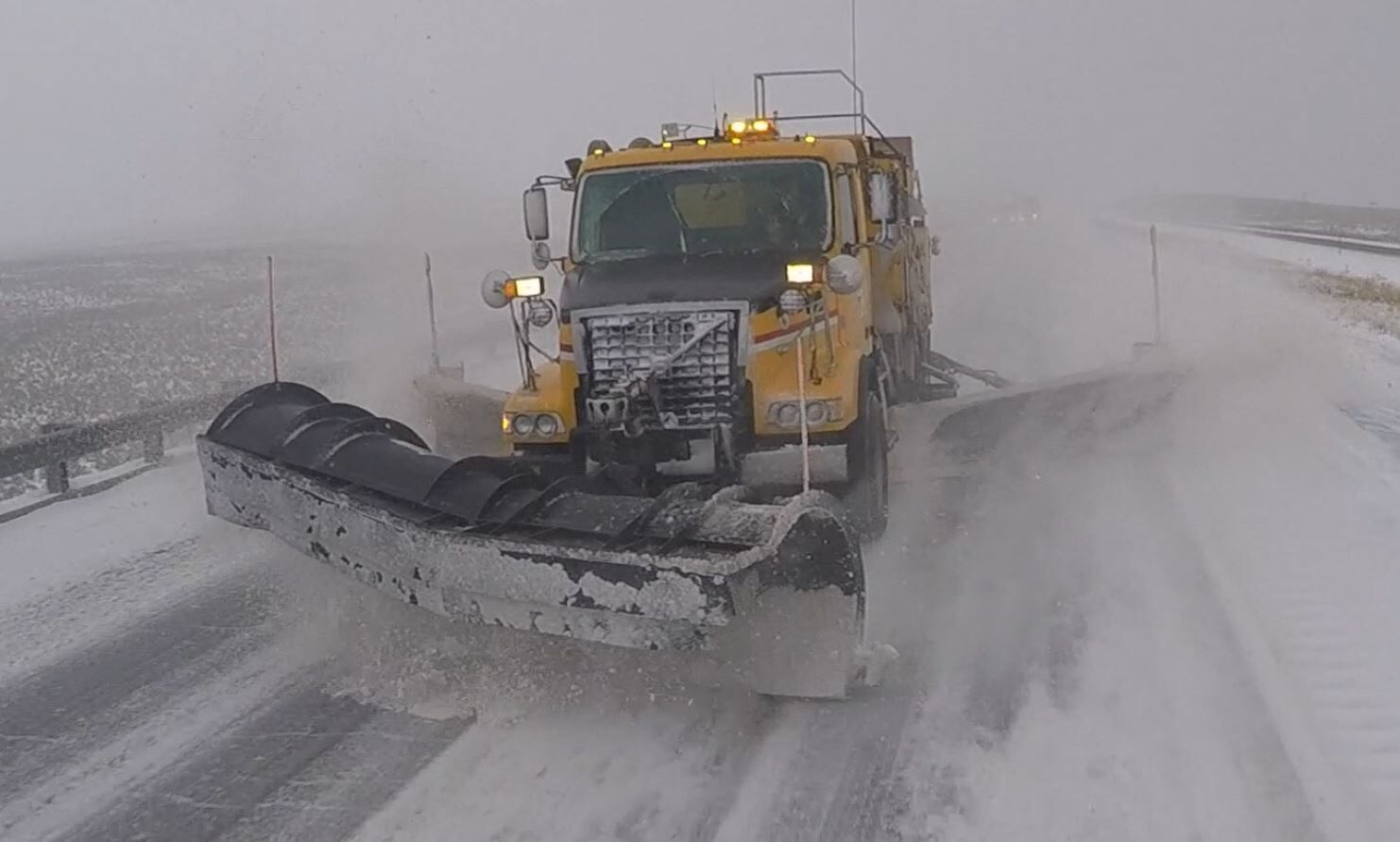COLUMN: Col. Baker and the defense of noble ideals
Published 9:00 am Thursday, July 2, 2020
The United States of America will turn 244 in a couple of days, which is quite old for a dog but is something closer to middle age for a nation.
Trending
I’m planning to indulge in a number of activities this weekend, ones which are among the multitudes of freedoms to which we as Americans are entitled.
I am grateful for this.
And yet I find that it’s not especially easy to summon what seems to me the appropriate level of gratitude.
Trending
Not because I don’t appreciate that the rights of the individual, as against the authority of the government, is the keystone of the foundation on which our great country was built.
The problem is complacency.
I’ve never known any other system.
I’ve never known what it is to not live where I am free to get in my car and drive wherever my whims, and fuel supply, take me.
Where I can praise the country’s president without feeling compelled to do so by the dictates of conformity, or brand him a buffoon without fearing retribution from the government.
This weekend I’ll hike on public land that’s open to everyone — no entry fee, no restrictions, no forms to fill out or bureaucrats’ questions to ask.
I’ll eat barbecued meat and sip a few beers straight from an ice-filled cooler and try to protect my skin from the assaults of ultraviolet rays and sniping mosquitoes.
I will slather on products which bear government-mandated labels but probably I won’t read the tiny words, which I struggle to make out these days anyway and which offer advice I am not required to heed.
I will read other things, though. And I won’t have to wonder whether the subject matter is acceptable, because in America we don’t treat words as though they were unbroken horses which need to be roped and corralled. We respect words, as we respect individual opinions, and we let them roam, trusting always that each of us can hold our own in the boisterous arena of ideas.
I’ll watch fireworks erupt in showers of multicolored sparks.
(Oregon-legal fireworks, alas; I don’t mean to imply that there isn’t the occasional downside to our republic, which allows states to regulate such matters as what sorts of fireworks residents can use within their borders. When it comes to combustible entertainment some states are more free than others.)
There’s one other particular thing I intend to do during this holiday weekend.
I will pause at some point and spare a few moments to honor Col. Edward Dickinson Baker.
Baker is the namesake for our county and its biggest city.
(The county is slightly older, created by the Oregon Legislature on Sept. 22, 1862; the city followed a few years later and was incorporated, as Baker City, in 1874.)
Baker never visited the place that bears his name.
He was almost a year in his grave when the Legislature designated Baker County as Oregon’s newest county.
Baker died on Oct. 21, 1861, in Virginia, his body riddled by eight bullets fired by Confederate soldiers.
War, or at least death in war, is largely the domain of the young.
But not so Edward Baker.
He was 50 when he led soldiers into battle.
(Coincidentally, just 2 days later Henry Griffin found gold in a gulch a few miles southwest of the Powder River. His discovery started the gold rush that would, within a year, lead to the creation of Baker County.)
In that first year of the Civil War, Baker died while fighting to preserve the United States, and to end slavery.
But he was not only a soldier.
When he was killed at the Battle of Ball’s Bluff, Baker was a U.S. senator from Oregon, then less than 3 years into statehood.
Baker was the only sitting member of Congress to die in combat during the war.
But long before he was slain in battle Baker had burnished his credentials as a defender of the Union and an opponent of slavery.
In 1859, Baker’s friend, U.S. senator David Broderick of California, was killed in a duel with David S. Terry, a southern sympathizer and former chief justice of the California Supreme Court.
Baker, who was working as a lawyer in California, delivered a eulogy for Broderick distinguished by its eloquence and emotion.
Baker’s speech included this stanza: “He was a public man, and his memory demands a public judgment. What was his public crime? The answer is in his own words: ‘They killed me because I was opposed to the extension of slavery and a corrupt administration.’ ”
One of Baker’s dearest friends was President Abraham Lincoln, the two having met around 1835 in Springfield, Illinois.
Lincoln and his wife, Mary, named their second son, born on March 10, 1846, Edward Baker Lincoln.
The boy was never healthy, though, and he died on Feb. 1, 1850.
A correspondent who was present when Lincoln learned of Baker’s death reported that the president had “tears rolling down his furrowed cheeks, his breast heaving. He almost fell as he stepped into the street.”
In 2011 the Oregon Legislature designated Feb. 24, the day Baker was born in London, England, in 1811, as Edward Dickinson Baker Day.
This official honor began with that date in 2012 and continues (though it is not an official holiday).
Although Edward Baker’s legacy lives in the county and city that bear his last name, much credit for maintaining interest in his exploits goes to W. Joseph O’Connor, the lifelong Baker City resident who died in 2001 at age 93.
O’Connor published a short book about Baker’s life — the title, referring to Baker’s nickname, is “The Old Grey Eagle” — in 1959, the centennial of Oregon’s statehood.
A second edition was published in 1995. I am pleased to own a copy, signed by O’Connor on Feb. 20, 1995.
Independence Day, the holiday on which we celebrate America’s founding, seems to me a fitting time to also recognize Col. Edward Dickinson Baker, who died not only so that our nation would live, but that it would, by banishing slavery, come closer to reaching the noble ideals that inspired its birth.
Jayson Jacoby is editor of the Baker City Herald.









